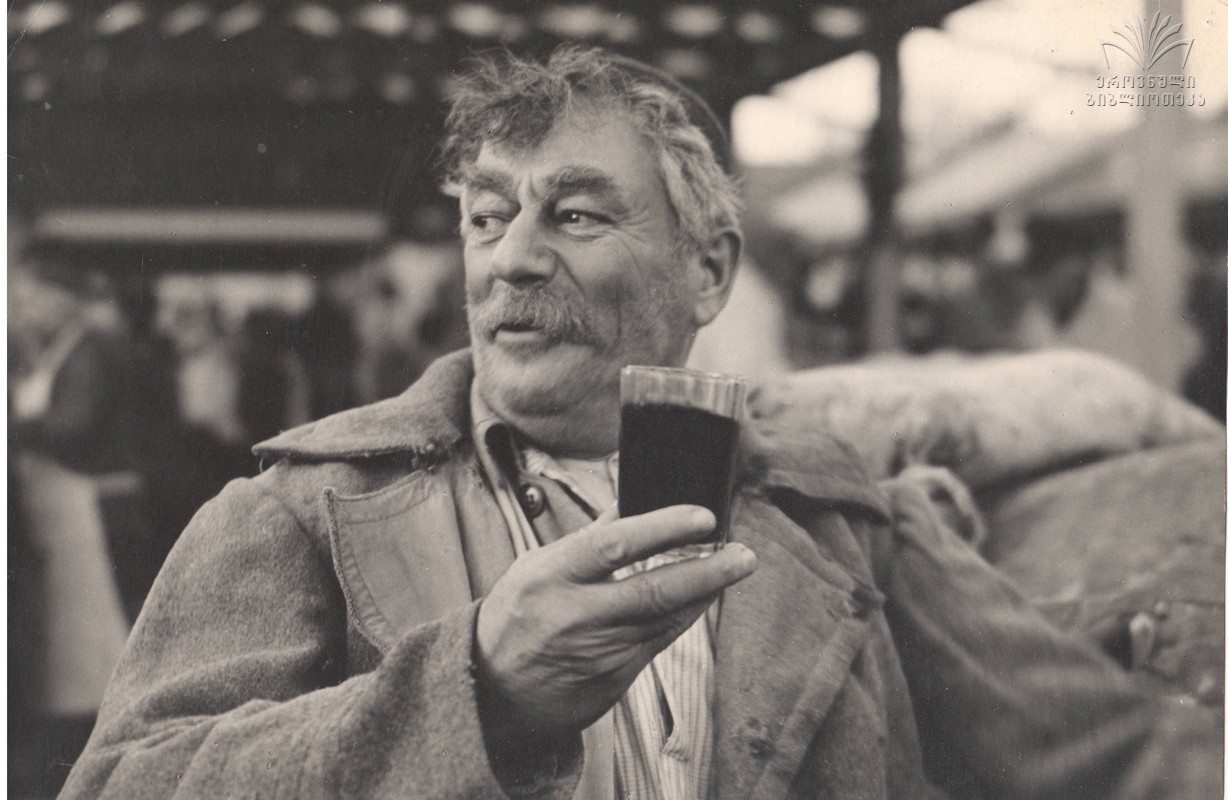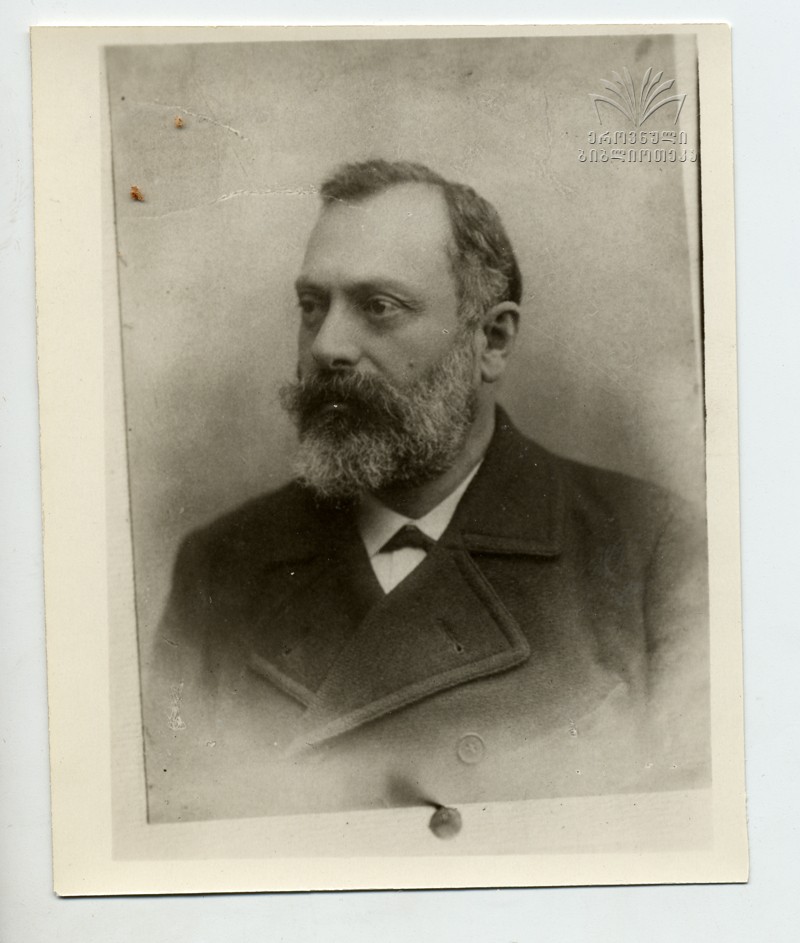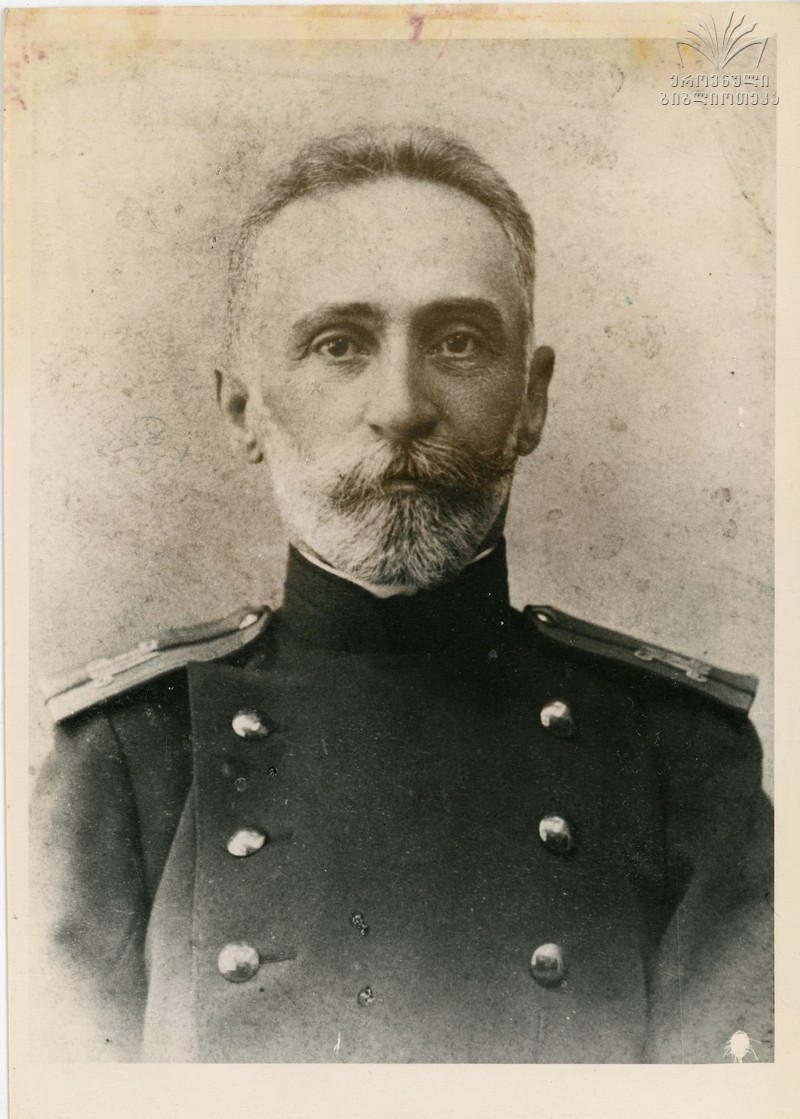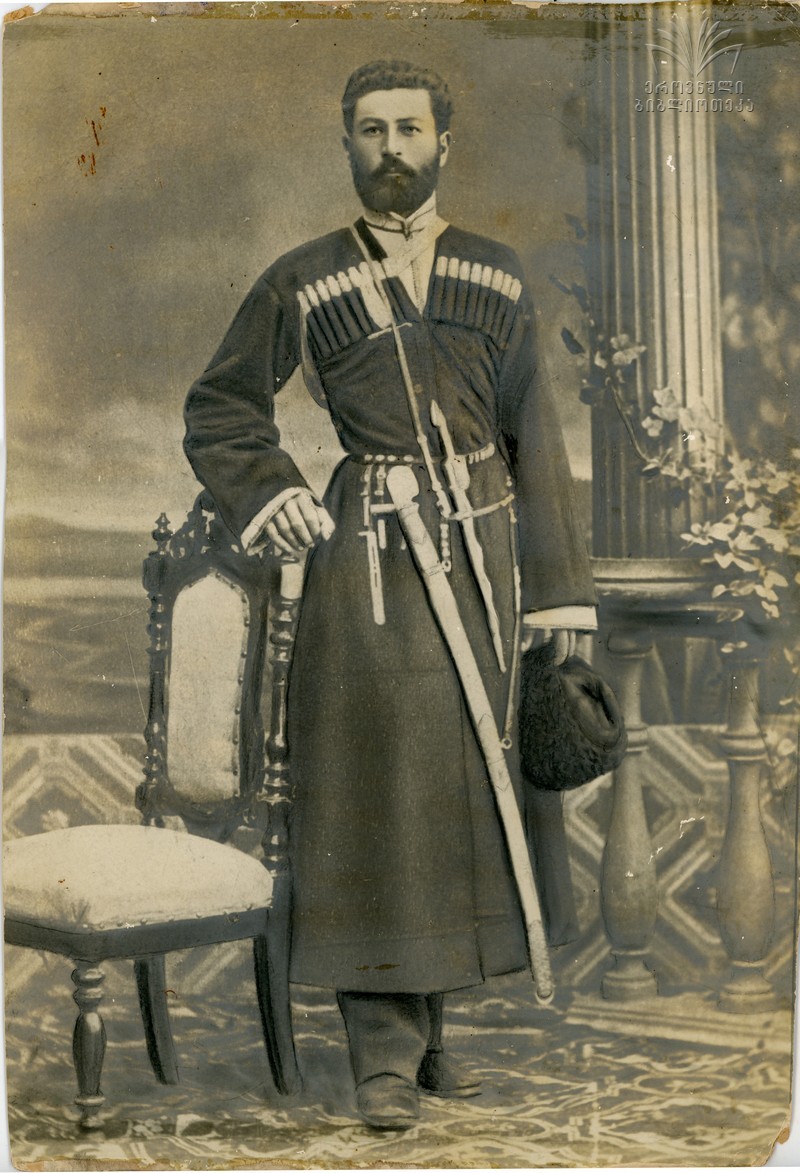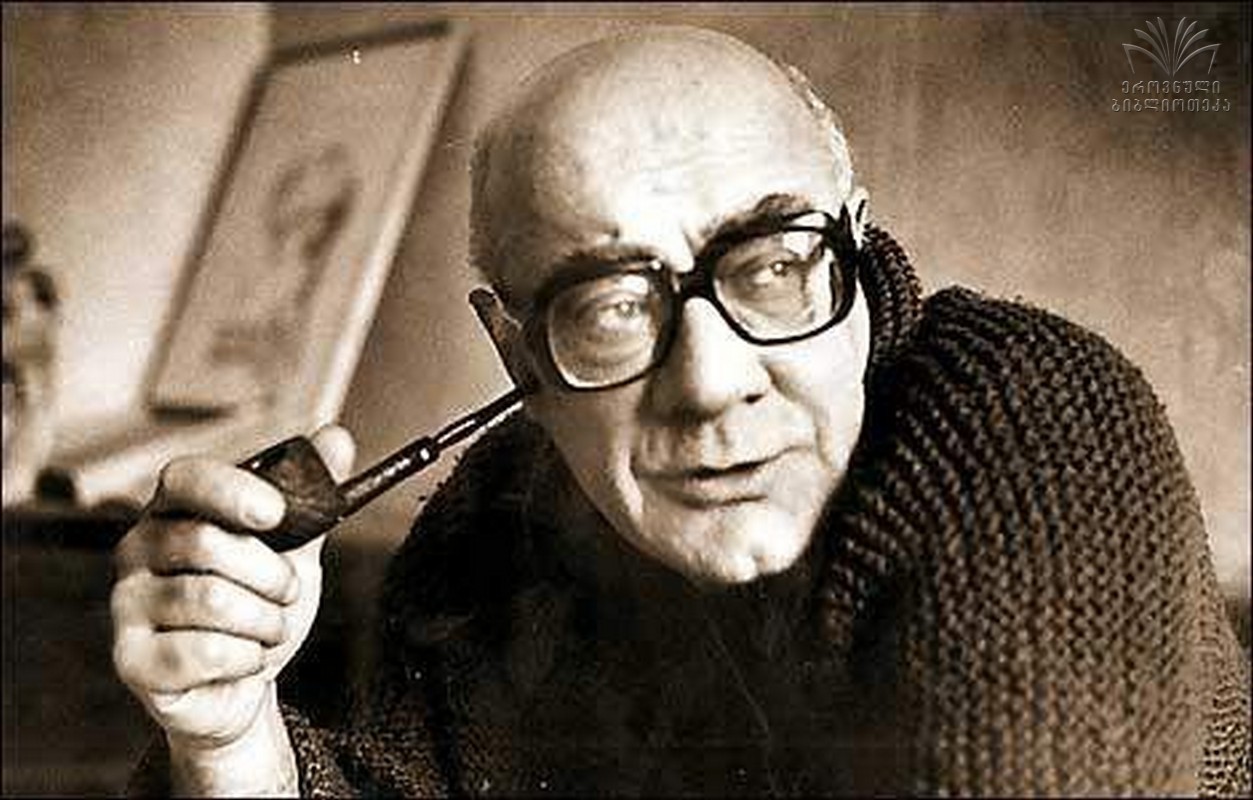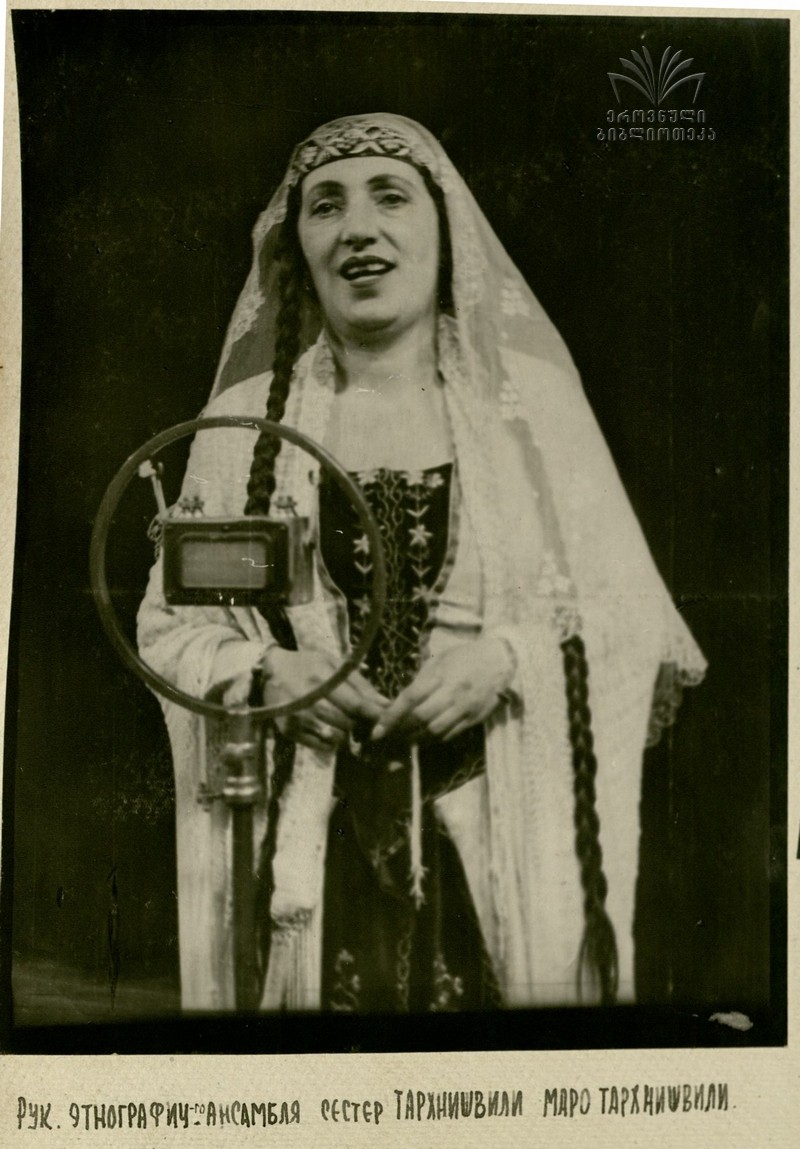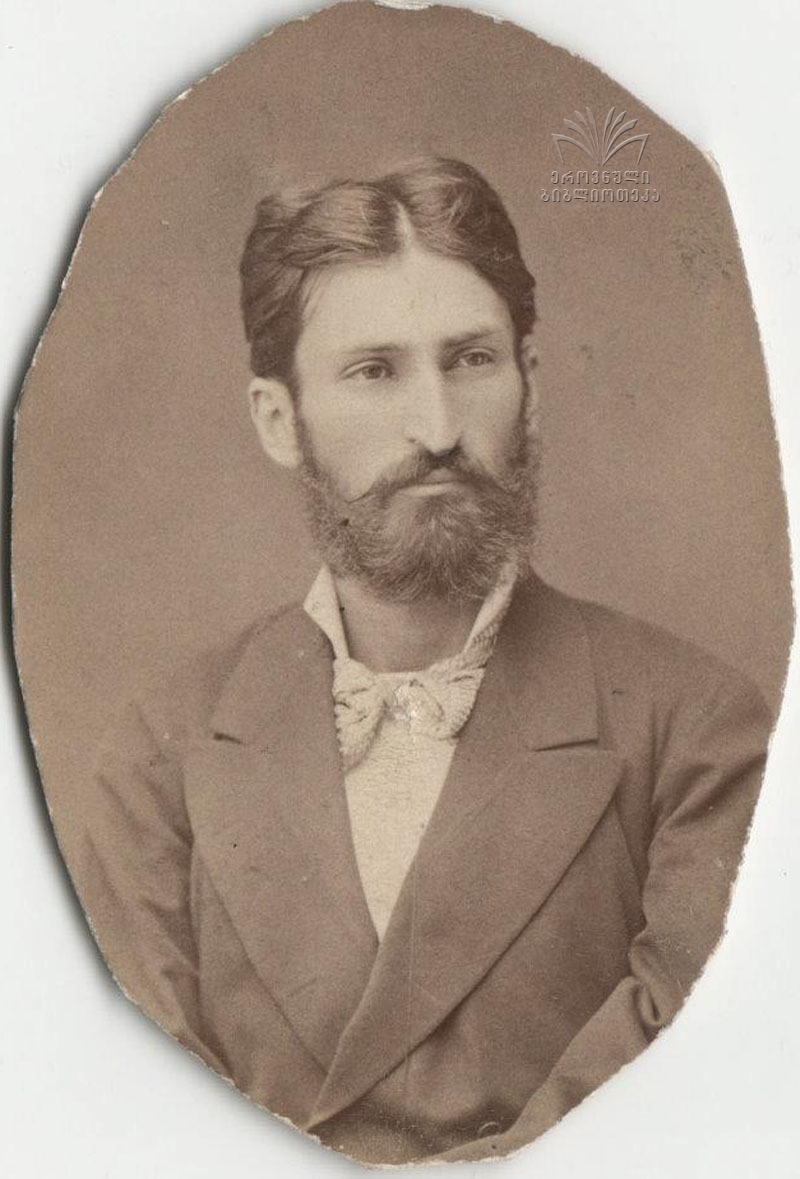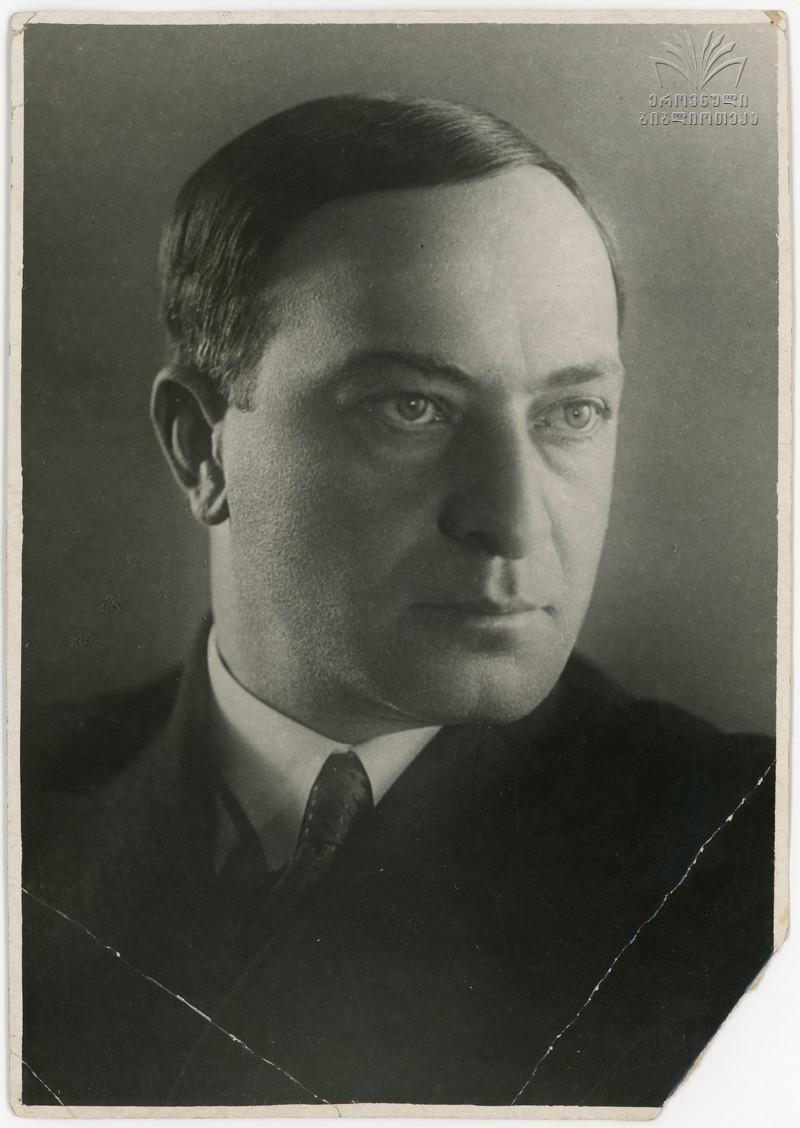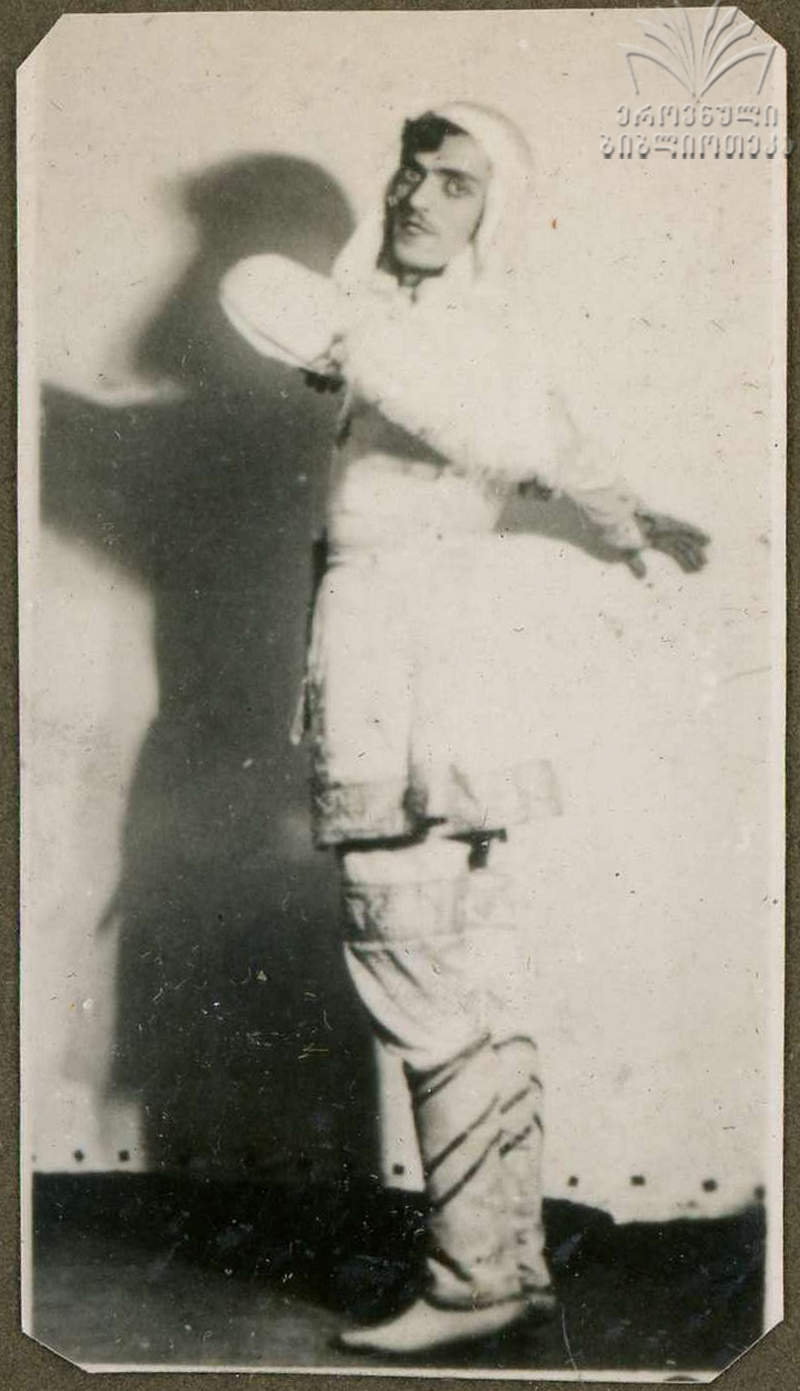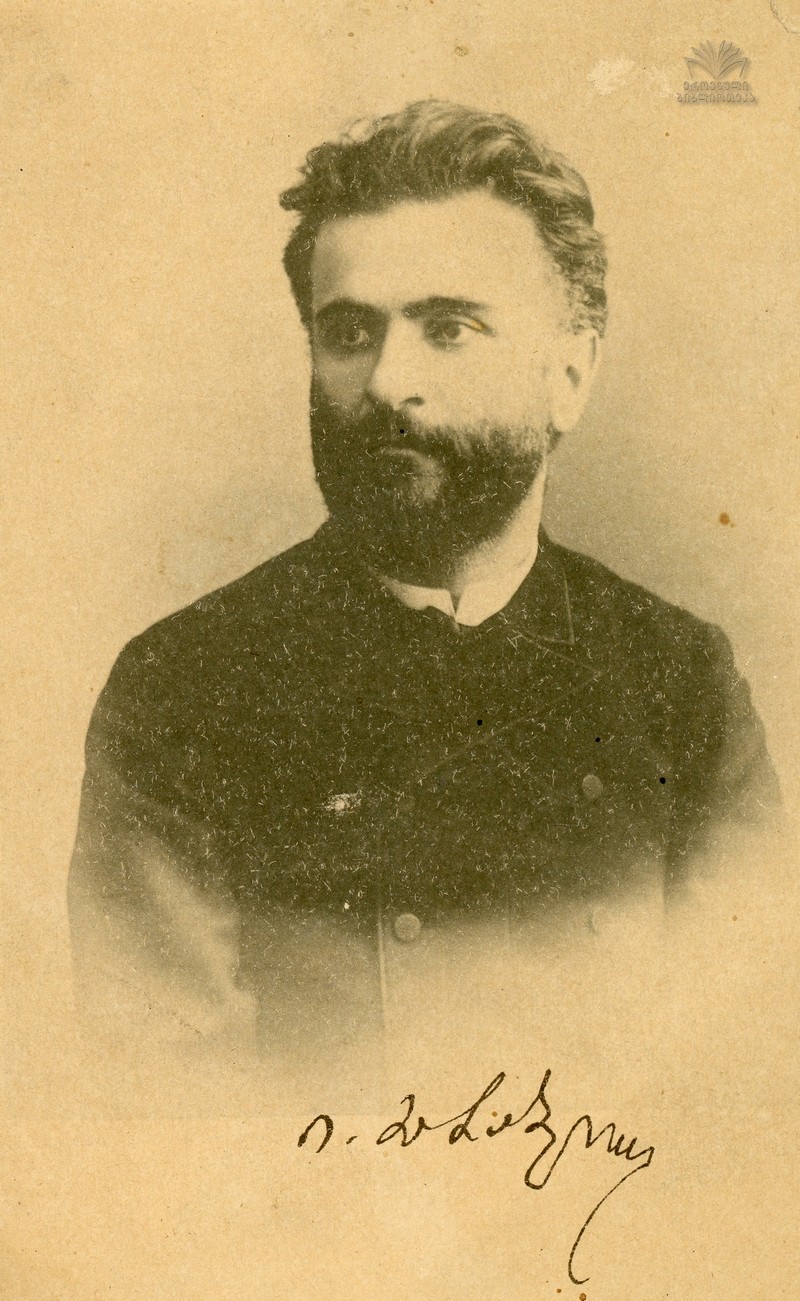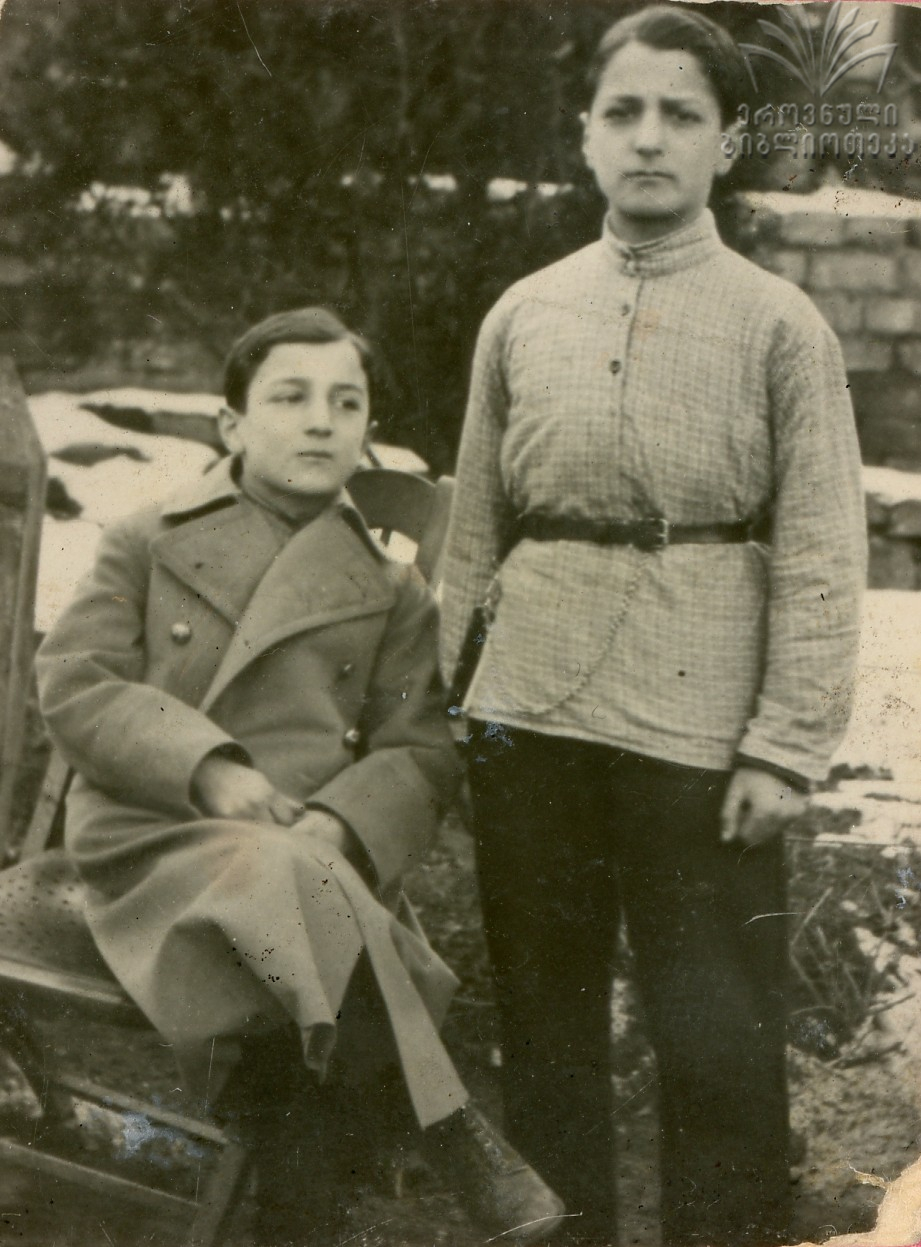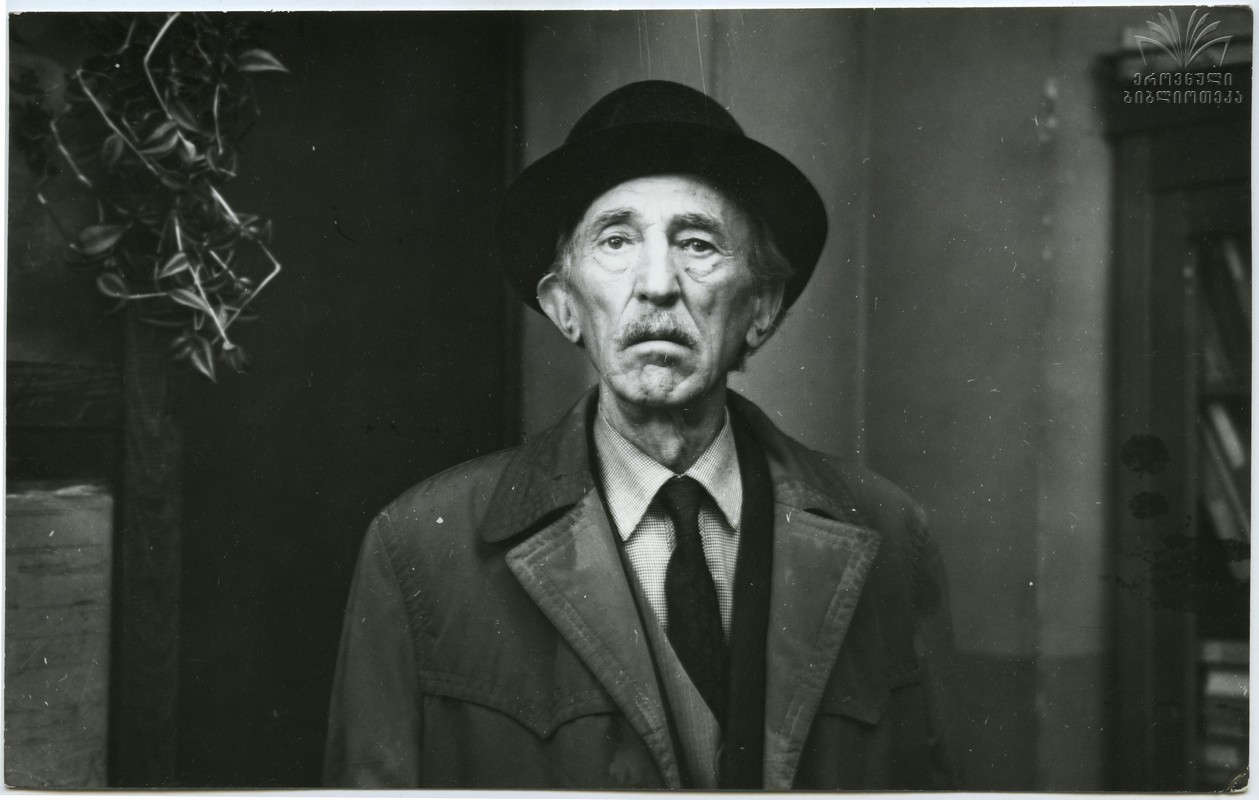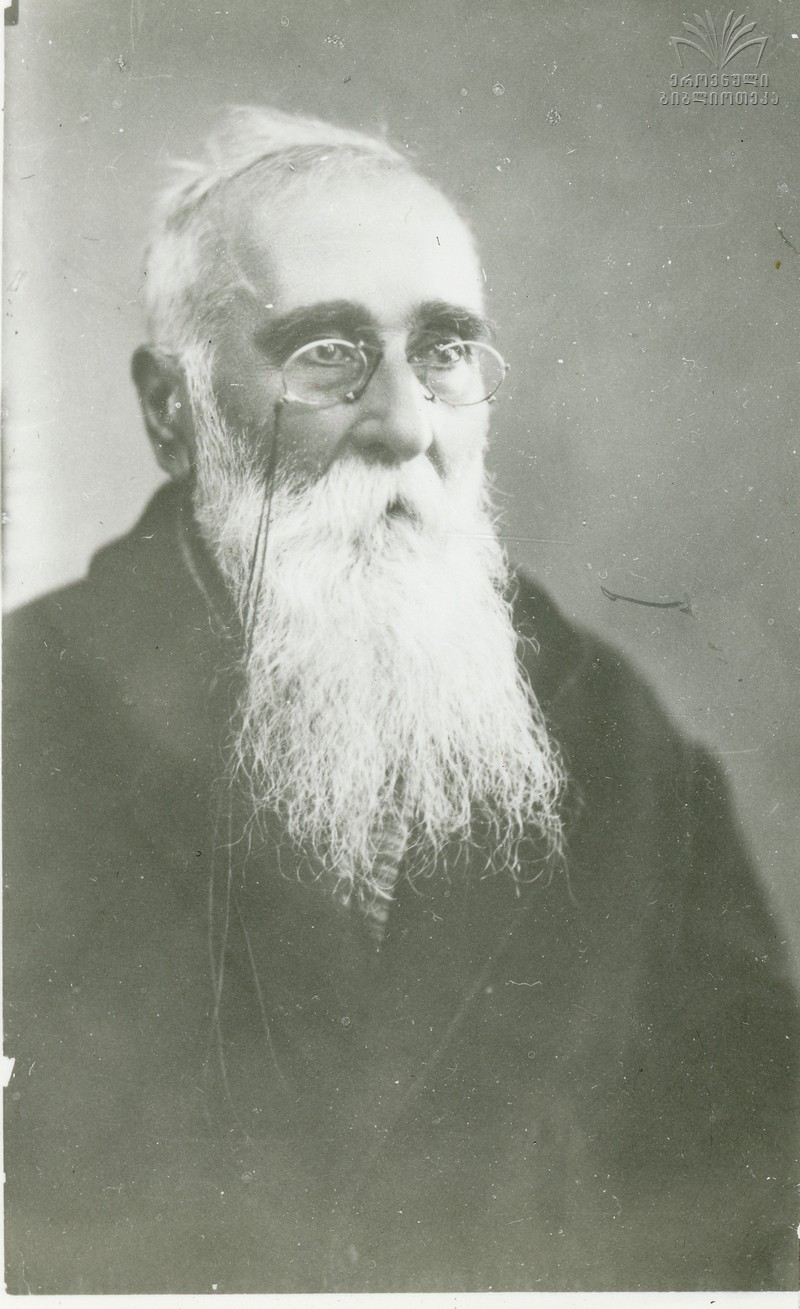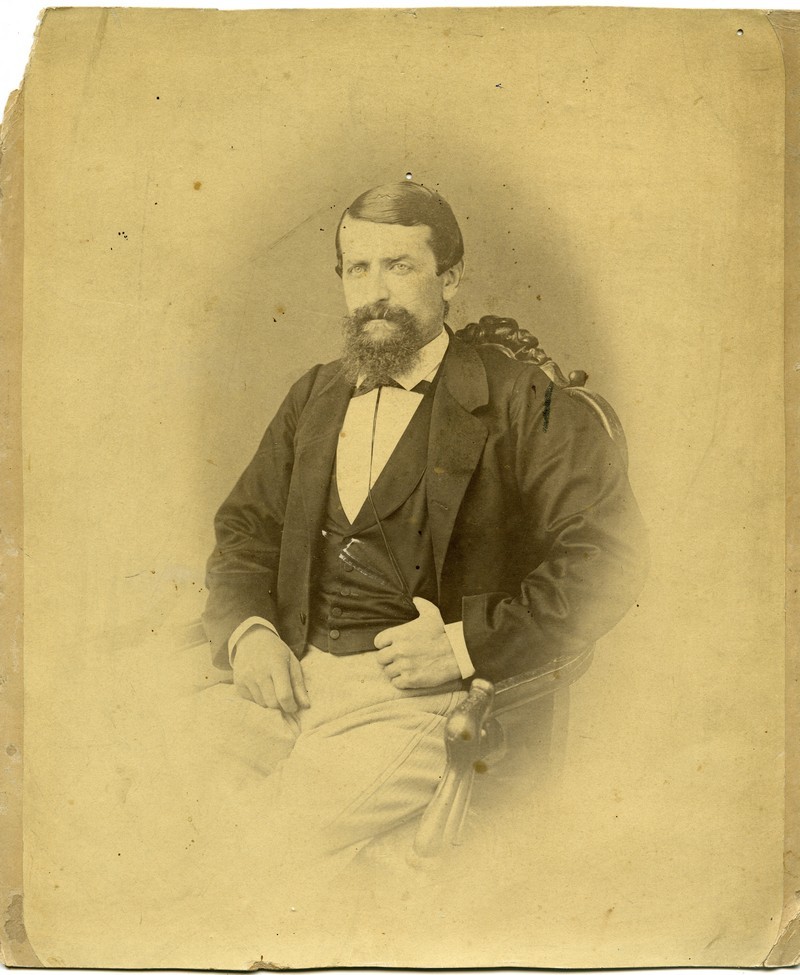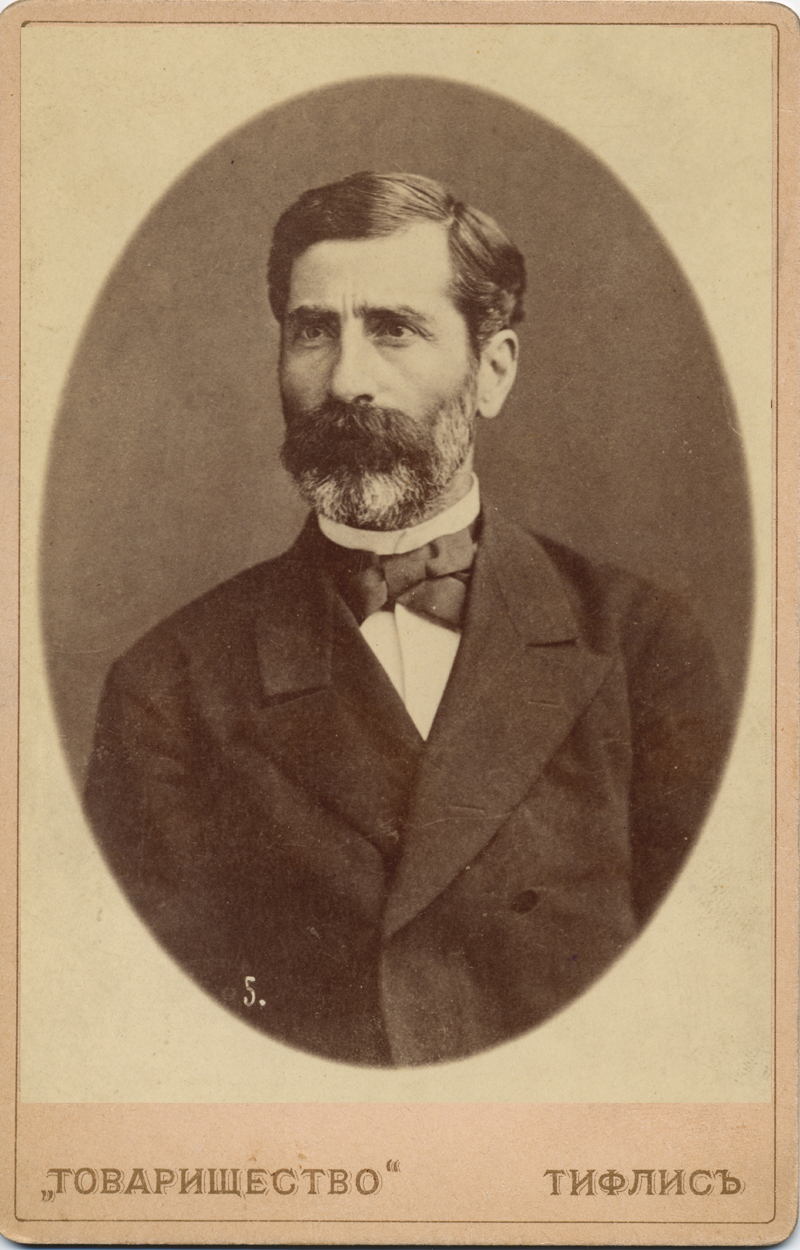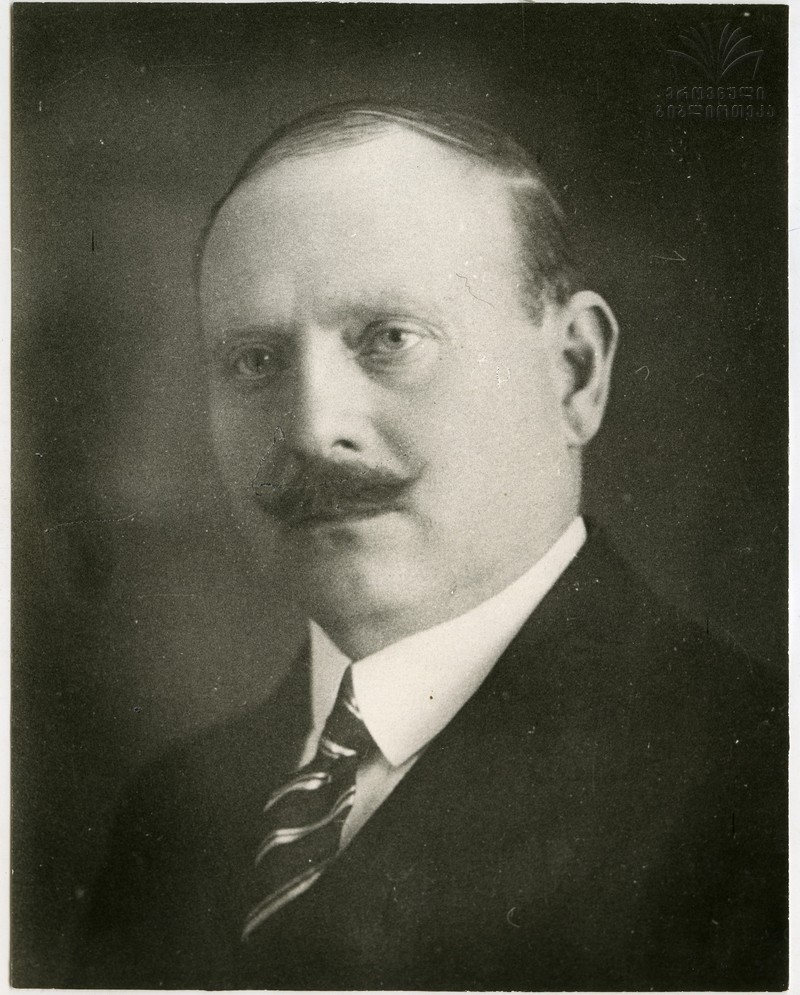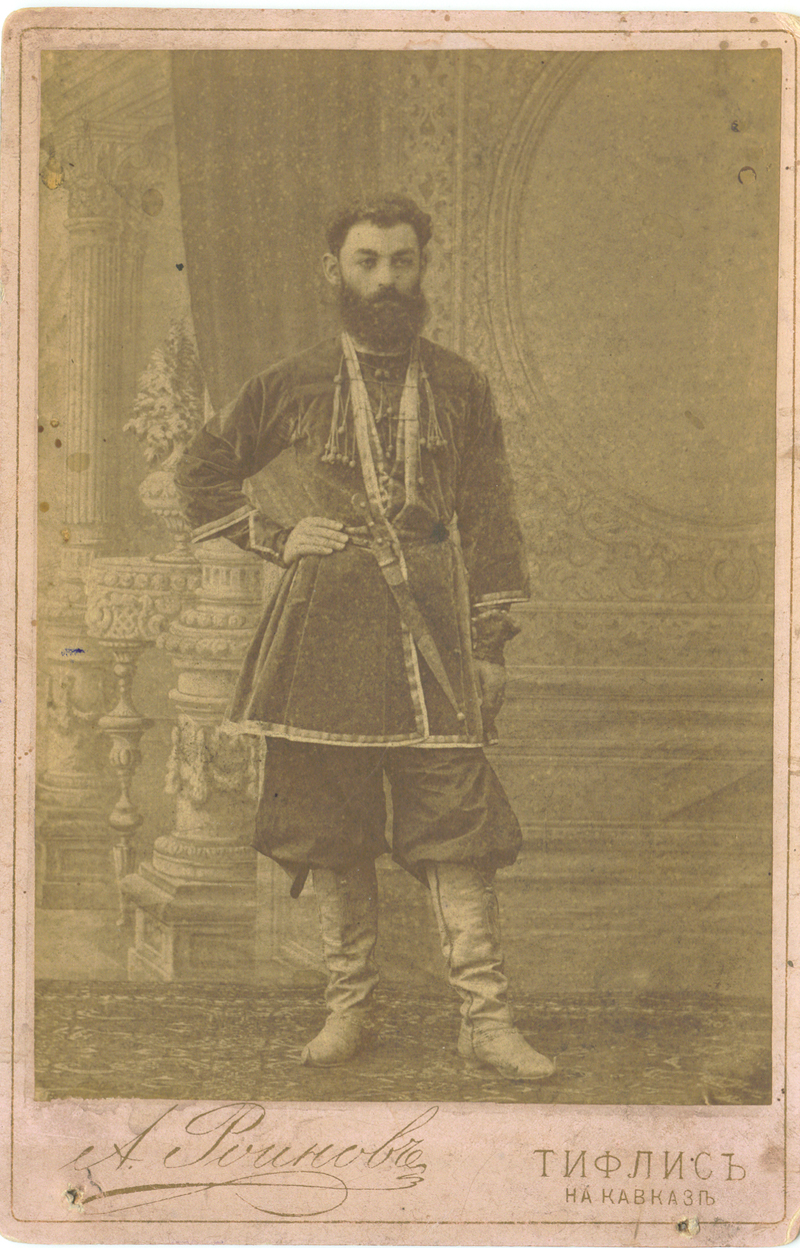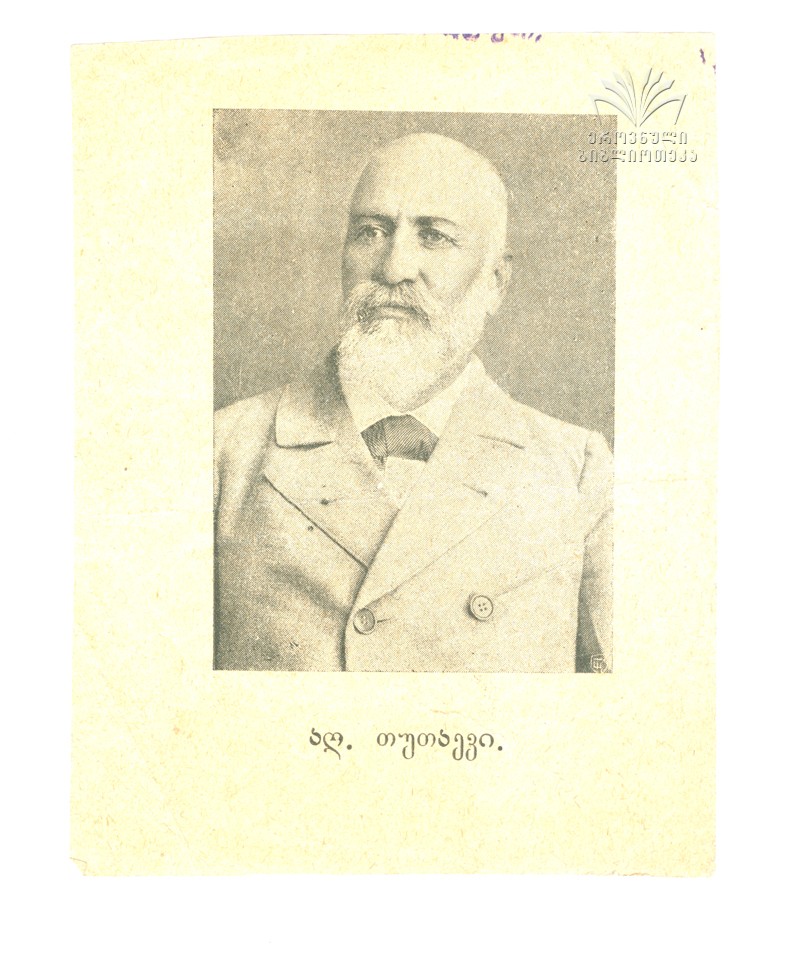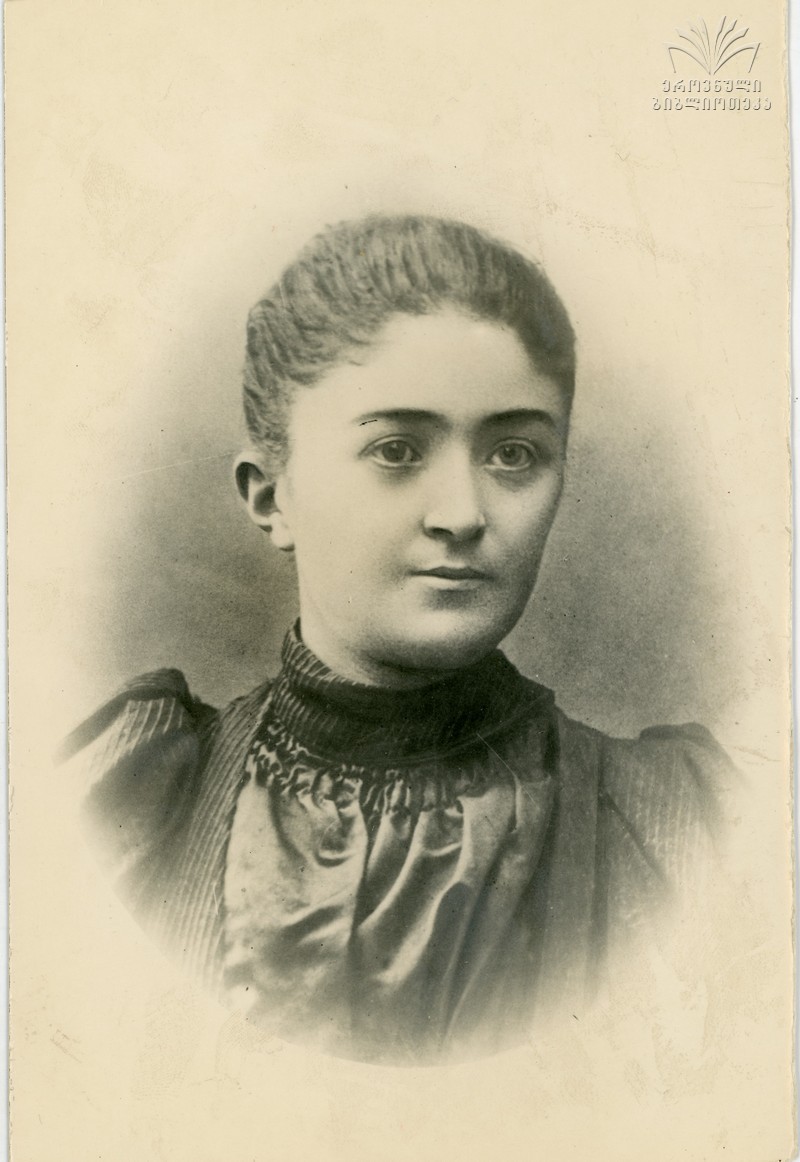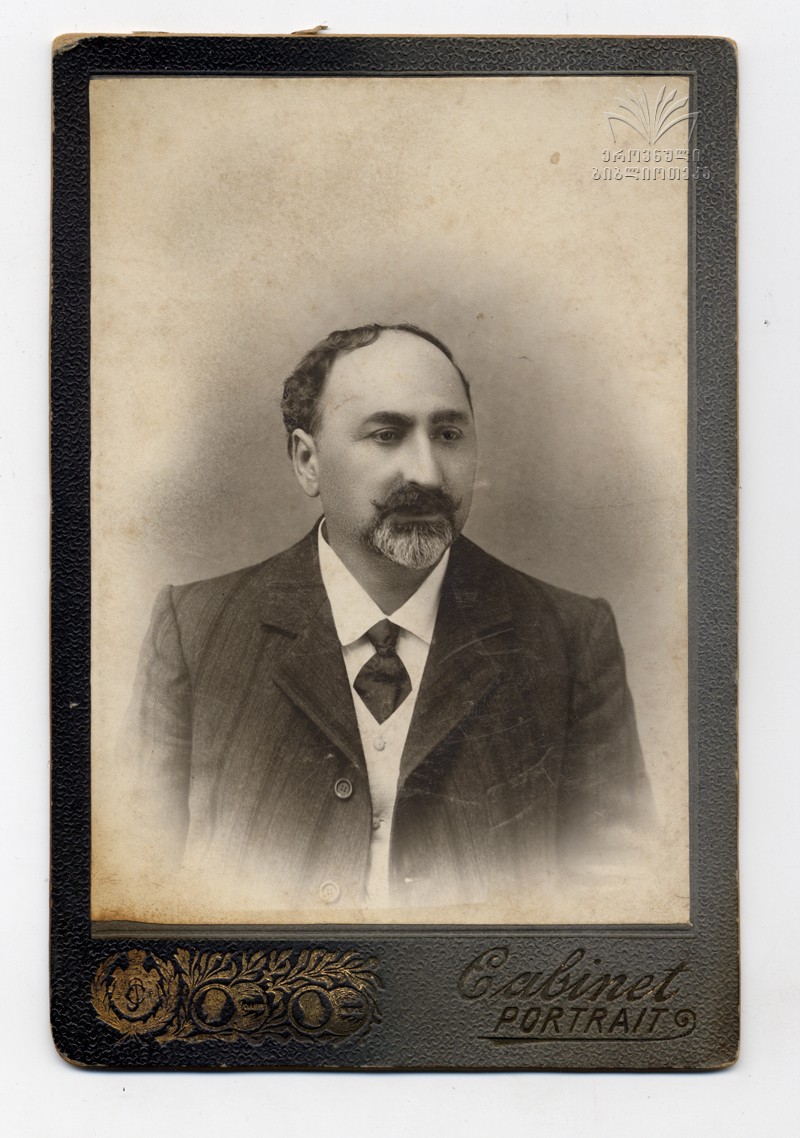Davit Kasradze
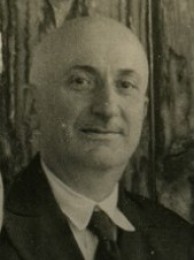
Composer, Artist, Professor, Secretary of the Union of Composers of the former USSR, Chairman of the Union of Composers of Georgia (1962-1968), and Laureate of the Rustaveli Prize - Davit Machavariani was born in 1855 in Gori. Having learned the techniques of the printing business in France and Germany, Machavariani went on to own a printing house. The first edition of "Kartli" newspaper was printed with his personal assistance in his printing house on 24 June 1912. Indeed, this moment in Gori is considered the birth of the Georgian newspaper. Books, newspapers, and magazines were printed in Georgian, Russian, German, and French languages here. With his participation, meetings were also held in Gori with renowned writers and public figures such as Ilia, Akaki, and Emperor Alexander . It was in the Machavariani printing house that Vazha-Pshavela's poem "Gogotur and Apshina" was printed. On 2 March 1921, the Revolution Committee confiscated the printing house and the machinery inside. He died on 1 April 1921 in the RevCom building due to a brain hemorrhage.
